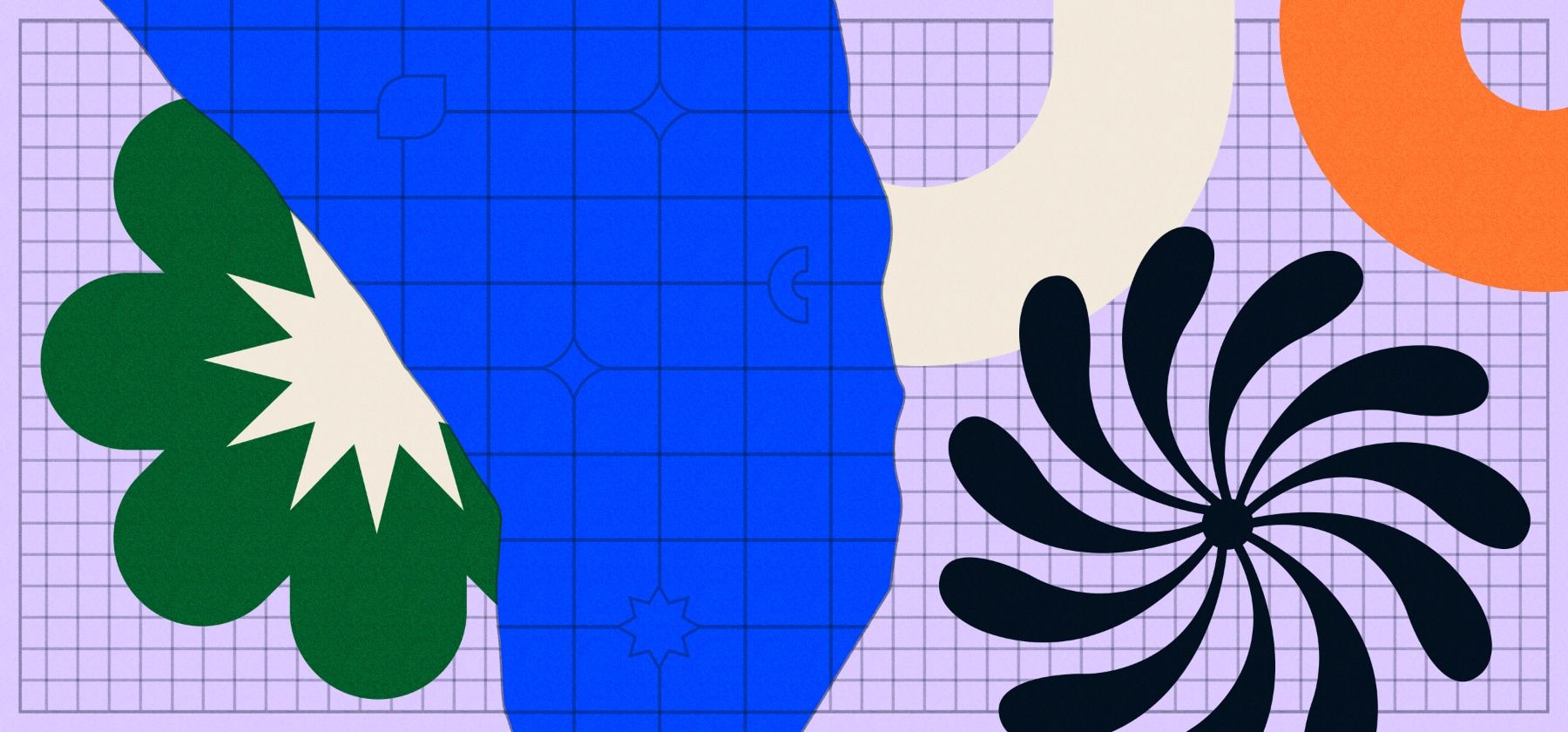Sleep deprived? You could be at risk of having a fatal heart problem
Beyond the other benefits of quality sleep, it is now also associated with improved heart health.
In late June, the American Heart Association (AHA) added sleep duration to its heart health checklist, dubbed "Life's Essential 8" by the Dallas-based nonprofit that focuses on cardiovascular research. The list got its start in 2010 when the AHA originally defined seven categories that mark health factors and activities that contribute to optimal heart health.
In addition to sleep duration, the list includes diet, physical activity, nicotine exposure, body mass index, blood lipids, blood sugar, and blood pressure. According to the AHA, the average amount of sleep an adult should aim for is between seven and nine hours.
If you're not getting enough rest, you're not alone. A 2021 study from the American Academy of Sleep Medicine found that nearly 60% of people surveyed continue to struggle with sleep issues as a result of the pandemic. Entrepreneurs are notorious for burning midnight oil.
If you're part of that tired majority, one of the following three sleep methods may work for you:
The 4-7-8 method
The 4-7-8 method asks people to inhale through their nose (for four seconds), hold their breath (seven seconds), exhale (eight seconds) and repeat, if necessary, until four times. The technique stems from yoga traditions, but is also backed by science as it helps activate the parasympathetic nervous system, which helps the body calm down.
Go out (in the morning)
Working from home can keep people indoors longer than they normally would, especially compared to when they would be heading to the office. But getting out for even 15 minutes in the morning is crucial to curbing melatonin production, Michael Breus, a clinical psychologist, told The New York Times.
Melatonin is a hormone produced by the brain that regulates sleep and wake cycles in the body. Breus told the New York Times that being outside in the sun sends a signal to the brain to stop producing melatonin.
Chill it on the midday coffee
The time it takes for your body to get rid of caffeine is longer than you think: the American Academy of Sleep Medicine states that the half-life of caffeine can be up to five hours , which means it can take up to ten hours. to completely eliminate caffeine from your system. If you find yourself having a cup of coffee in the middle of the day, consider replacing it with decaffeinated coffee or herbal tea.
For even more sleep tips, here's how to improve your nighttime routine.

Beyond the other benefits of quality sleep, it is now also associated with improved heart health.
In late June, the American Heart Association (AHA) added sleep duration to its heart health checklist, dubbed "Life's Essential 8" by the Dallas-based nonprofit that focuses on cardiovascular research. The list got its start in 2010 when the AHA originally defined seven categories that mark health factors and activities that contribute to optimal heart health.
In addition to sleep duration, the list includes diet, physical activity, nicotine exposure, body mass index, blood lipids, blood sugar, and blood pressure. According to the AHA, the average amount of sleep an adult should aim for is between seven and nine hours.
If you're not getting enough rest, you're not alone. A 2021 study from the American Academy of Sleep Medicine found that nearly 60% of people surveyed continue to struggle with sleep issues as a result of the pandemic. Entrepreneurs are notorious for burning midnight oil.
If you're part of that tired majority, one of the following three sleep methods may work for you:
The 4-7-8 method
The 4-7-8 method asks people to inhale through their nose (for four seconds), hold their breath (seven seconds), exhale (eight seconds) and repeat, if necessary, until four times. The technique stems from yoga traditions, but is also backed by science as it helps activate the parasympathetic nervous system, which helps the body calm down.
Go out (in the morning)
Working from home can keep people indoors longer than they normally would, especially compared to when they would be heading to the office. But getting out for even 15 minutes in the morning is crucial to curbing melatonin production, Michael Breus, a clinical psychologist, told The New York Times.
Melatonin is a hormone produced by the brain that regulates sleep and wake cycles in the body. Breus told the New York Times that being outside in the sun sends a signal to the brain to stop producing melatonin.
Chill it on the midday coffee
The time it takes for your body to get rid of caffeine is longer than you think: the American Academy of Sleep Medicine states that the half-life of caffeine can be up to five hours , which means it can take up to ten hours. to completely eliminate caffeine from your system. If you find yourself having a cup of coffee in the middle of the day, consider replacing it with decaffeinated coffee or herbal tea.
For even more sleep tips, here's how to improve your nighttime routine.
What's Your Reaction?















![Three of ID's top PR executives quit ad firm Powerhouse [EXCLUSIVE]](https://variety.com/wp-content/uploads/2023/02/ID-PR-Logo.jpg?#)







